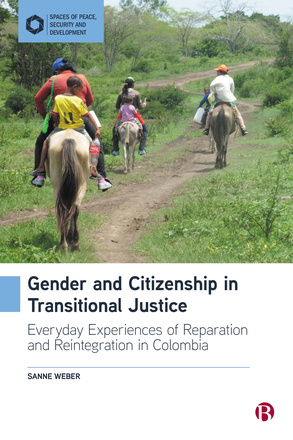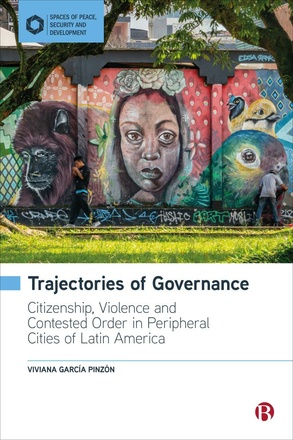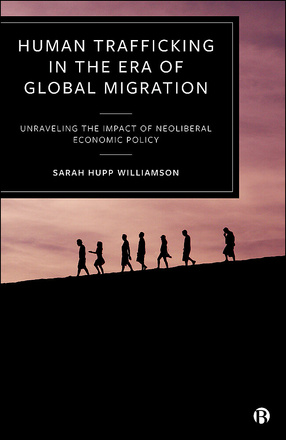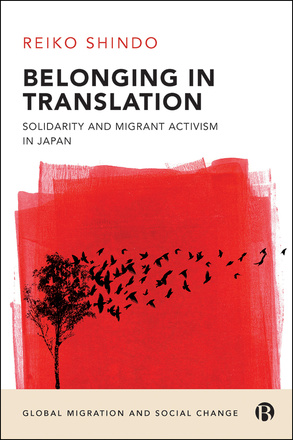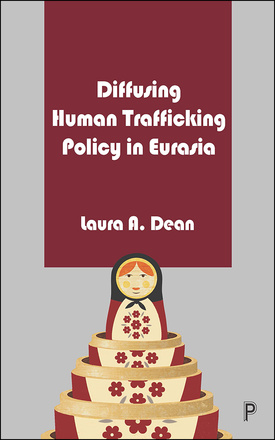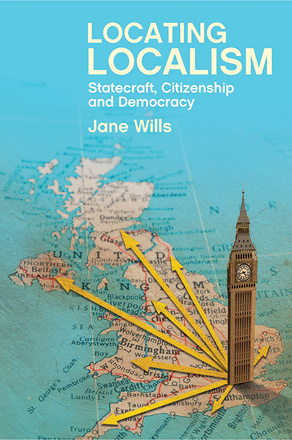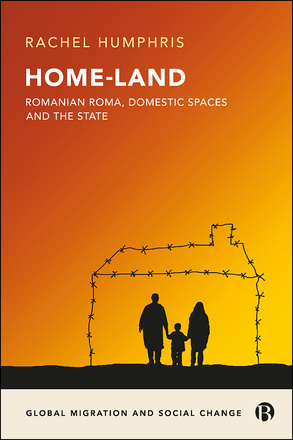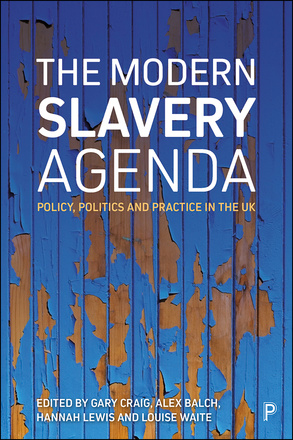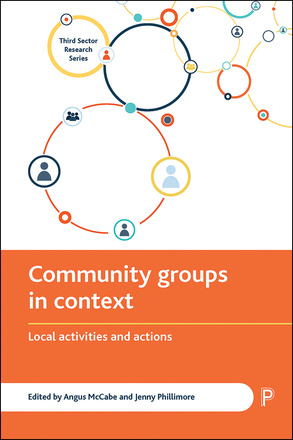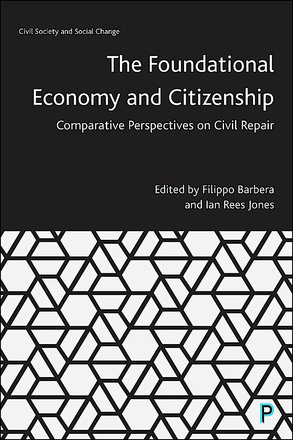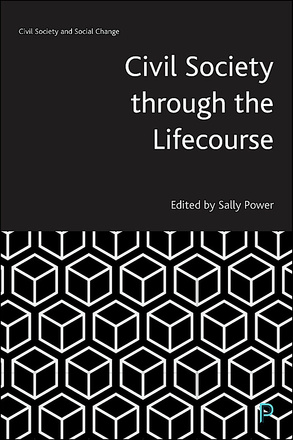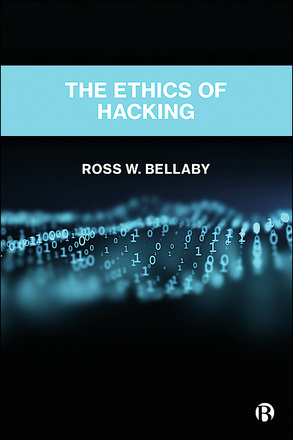Human rights
Gender and Citizenship in Transitional Justice
Everyday Experiences of Reparation and Reintegration in Colombia
Through two Colombian case studies, Sanne Weber identifies the ways in which conflict experiences are defined by structures of gender inequality, and how these could be transformed in the post-conflict context.
Trajectories of Governance
Tracing the Entanglements of Order and Violence in Peripheral Cities of Latin America
Based on a multidisciplinary analytical framework, it explains why and how some peripheral cities have become the locus of violent orders, whereas others have managed to control violence, and to examine the role of violence in the workings of local governance.
Human Trafficking in the Era of Global Migration
Unraveling the Impact of Neoliberal Economic Policy
This book explores the global social issues that contribute to human trafficking in three countries – Cambodia, Bolivia and The Gambia - using a new theoretical framework and innovative methodology that considers their similarities and unique histories.
Belonging in Translation
Solidarity and Migrant Activism in Japan
This is the first book to investigate how migrants and migrant rights activists work together to generate new forms of citizenship identities in a multilingual setting. Based on robust theoretical engagement and detailed empirical analysis, Shindo's book makes a compelling case for rethinking citizenship and community from the angle of language.
Diffusing Human Trafficking Policy in Eurasia
Offering a perceptive study of the urgent human rights issue of trafficking in persons, this important book analyses the development and effectiveness of public policies across Eurasia.
Locating Localism
Statecraft, Citizenship and Democracy
Combines political theory with attention to political practice to explore the development of localism as a new mode of statecraft. It highlights the challenges of the state devolving itself and the importance of citizens having the freedom, incentives and institutions needed to act.
Home-Land: Romanian Roma, Domestic Spaces and the State
This book is the first intimate ethnography of governing encounters in the home space between Romanian Roma migrants and local frontline workers. It covers the divide between state and family, home-land and home and what it means for the new rules of citizenship.
The Modern Slavery Agenda
Policy, Politics and Practice
Modern slavery is growing despite the introduction of laws to try to stem it. This is the first book critically to assess the legislation, using evidence from across the field, and to offer strategies for improvement in policy and practice.
Community Groups in Context
Local Activities and Actions
Collates knowledge and examines the role and nature of community groups and activities operating outside of the formal voluntary sector in the UK to develop a coherent understanding about these so-called “below the radar” organisations.
The Foundational Economy and Citizenship
Comparative Perspectives on Civil Repair
With thinking around the foundational economy becoming increasingly influential, this interdisciplinary collection sets out its role in renewing citizenship and informing policy. Drawing on case studies in areas of social and economic concern, it explores how foundational experiments can foster collective consumption and promote social justice.
Civil Society through the Lifecourse
Challenging conventional thinking, leading academics explore how individuals’ relationships with civil society change over time as different lifecourse events and stages trigger and hinder civic engagement and political participation, and highlight the implications for those promoting greater civic and political engagement.
The Ethics of Hacking
This book creates a new ethical framework to evaluate the use of political hacking by hackers like Anonymous. It argues that while hackers have been labelled as vigilantes, this does not recognise the potentially ethical role they can play and how they can intervene when the state fails to protect people.







